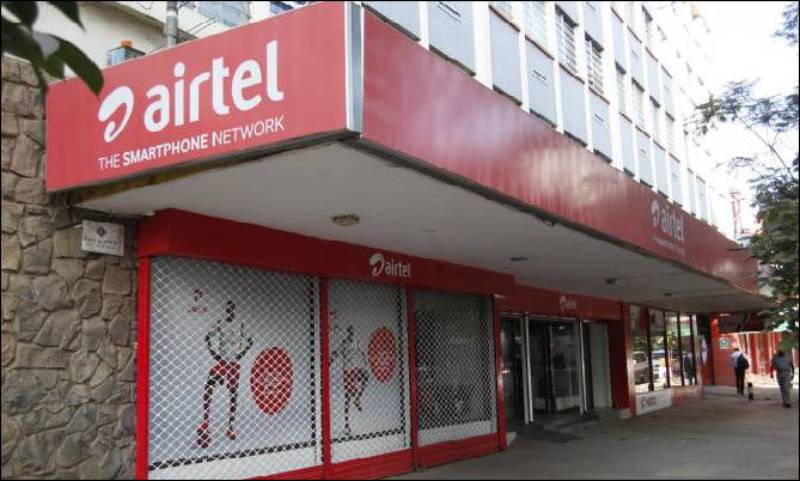×
The Standard e-Paper
Stay Informed, Even Offline

Airtel Kenya is swallowing Telkom Kenya in an arrangement that London-based Helios Investment Partners banks on to fatten the investment for a profit before exit.
Telkom Kenya would become a minority partner with a 32 per cent stake in the merger with Airtel Kenya, in their plan to take on Safaricom, the telecoms market leader.